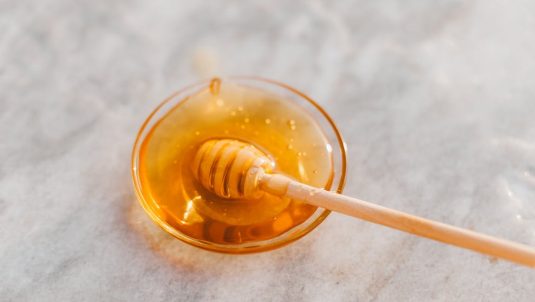4 Common FAQs About Organic
Food Explained

It’s not easy for produce and other consumables to earn the label “organic food.“ There are a number of strict guidelines farmers must follow.
According to California-based NGO, Helpguide.org, organic farmers cannot use synthetic pesticides, genetically modified organisms (GMOs) or other harmful substances. Organic livestock must consume organic feed and cannot receive any antibiotics, animal byproducts or growth hormones.
What Is Organically Grown Food?
According to the U.S. Environmental Protection Agency, the number consumers purchasing organically grown food is increasing. This may be due to recent studies that show the potentially harmful side effects of consuming pesticides. Currently, more and more American grocery stores are offering organic produce, which not only makes healthy fruits and vegetables more accessible, but it also has led to price drops for organic food.
In Oct. 2012, the U.S. Department of Agriculture established a series of categories for foods that are wholly or partially organic. Items can be labeled “organic,” “100 percent organic” or “made with organic (specified ingredients or food group(s).”
What Makes Organic Food Healthier?
A nutritious diet contains lots of fruit, vegetables, good fats, whole grains and lean protein. However, even a nutrient-rich food can be dangerous if it is coated in harmful chemicals. Organic foods do not contain these chemicals.
What Are GMOs, and Why Are They so Bad for Us?
Genetically Modified Organisms are plants and animals that have had their DNA altered in some way. To date, these GMOs have not been tested sufficiently to learn their long-term effects on humans and the environment.
Is Organic Food Healthy?
Organic foods have been found to contain more nutrients, including antioxidants, than regular foods. Antioxidants inhibit the oxidation of molecules. This prevents the formation of free-radical chains, and studies show antioxidants could help prevent coronary heart disease, altitude sickness and even cancer.
Some people who suffer from allergies report that organic food tends to cause fewer or less severe allergic reactions. Also, research shows that consuming pesticides is particularly unhealthy for children who are still growing, as well as pregnant women.
For more information on organic food, please browse the Organicrestaurants.com website. We help health-minded people find restaurants that cater to their diets. More and more eateries are adding “Clean Eating” sections to their menus. To find an organic restaurant near you, please visit our home page to Find an restaurant serving organic food.
SOURCES
soilassociation.org
soilassociation.org
helpguide.org
epa.gov
Find restaurants with organic options near you
Search by city or see restaurants close to you.






 Sign in with Google
Sign in with Google Sign in with Facebook
Sign in with Facebook